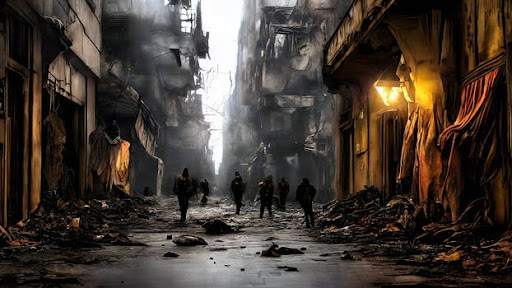
Upon the arrival of a new political leader, your home country has fallen into absolute disorder. The sun no longer seems to have any warming effect on your skin, and instead, it blazes in the sky, merciless. A new day means new dread, and new dread almost certainly means new death. Civilian buildings are being bombed by the government in an attempt to end the lives of those daring to rebel. Strict curfews determine who will leave their home at what time, though of course, most are too fearful to step outside. And so, it has become clear: You’re living in a dystopia.
While this type of scenario isn’t one you will probably have to face in your lifetime, and while dystopian fiction is, of course, fiction, dystopia will still never be too far away from the reality we live in today.
But first, we must understand what a dystopia is: a state or society experiencing great suffering or injustice, normally one that is dictatorial or post-apocalyptic. With synonyms being “nightmare,” “wasteland,” and “hellscape,” dystopia is the opposite of utopia—which is a place of ideal perfection. Dystopia, or dystopian fiction, is also a popular fiction genre which includes books like “The Hunger Games” by Suzanne Collins, “Divergent” by Veronica Roth, and “The Giver” by Lois Lowry.
We read and watch dystopian entertainment as something to pass the time, something to enjoy. But at times, things can turn tricky as you begin to draw a parallel between dystopia and reality. Soon, you are no longer simply reading dystopian fiction or watching it on screen: you’re watching an exaggerated, high-speed version of a futuristic possibility.
So perhaps dystopian fiction isn’t so fictional after all. While the specific characters and the story plot may never cross paths with real life, some dystopian fiction is set in a way that we can visualize the future of our reality as a dystopia a little too easily.
Take, for example, the dystopian novels “A Scanner Darkly” by Philip K. Dick and “The Circle” by Dave Eggers. Both novels depict fictional futuristic surveillance societies, and, according to internetjustsociet.org, this could be viewed as a foreshadowing of the future, in which surveillance is unlimited and the government controls its citizens with an iron fist. Today, we can notice these themes: some governments keep watch over different aspects of people’s private lives, and restrict certain actions of the people using technology, specifically that of AI, which threatens to take away not only people’s jobs, but also the confidentiality of personal information.
Another example of similarities between dystopia and reality is the novel “1984” by George Orwell, published 70 years ago. This novel mentions surveillance, power, and control, which are all very relevant in our society today. For example, during the COVID-19 pandemic, new surveillance methods were introduced to control the spread of the virus. It is now nearly impossible to not draw a connection between the surveillance methods to control COVID-19 and the surveillance methods that appear frequently in dystopian novels.
When COVID-19 started to grow rapidly in China, new laws erupted from every government to control the infection rates. Whether it be enforcement of social distancing rules or the implementation of mask requirements, the virus changed our society. Fear of getting infected resulted in people being forced to comply with authority and even to let fundamental rights be restricted, internetjustsociety.org said. Some countries thought of using technology to track people and stop the spread of the virus, but this surveillance system had the potential to strip away many people’s freedom and personal liberties.
One example of this is China increasing its use of surveillance during the pandemic, by installing cameras that pointed straight at the front door of people’s homes, and sometimes even inside their homes. After the lockdown was lifted, a color-coded health system was created. This system gave certain people certain colors based on their health status. People who had received a green code were able to move around without restrictions, people with a yellow code may be told to stay home for a week, and those with a red code were required to self-quarantine for two weeks.
During this time, authorities in Moscow required its citizens to stay indoors, with only a few exceptions. To enforce this rule, the authorities provided the people of Moscow with an app that tracked all of their movements as well as a QR-code that held personal data—these QR-codes had to be shown to the police when asked.
Governments enforcing such restrictions and requiring citizens to have their movements closely monitored is the general idea of most dystopian novels, which is perhaps why the COVID-19 lockdown felt like a dystopian film turned reality.
Commonalities can also be seen when dystopian fiction sparks from reality. Dystopian literature often revolves around the idea of power over media use, resulting in control over populations. In the early 20th century, this concept was mainly inspired by the advancements in communication, such as the radio and television.
Dystopian novels are now often viewed as simply fiction. However, they are the key to understanding our mistakes, and how we can prevent the dark times portrayed in dystopian literature. The Nazi rule, for instance, is an excellent example of an evil dictatorship resulting in horrible genocide, and is an equally promising dystopia.
In addition to simply having countless commonalities between dystopian literature and the world, dystopian fiction can also be a way of expression for the author. Through dystopian writing, the author can portray personal thoughts and opinions on the world around them and, by doing so, warn the world about dark possibilities that could arise— not just in the future, but also now. After all, in the words of Ray Bradbury on the American online publishing platform medium.com, “Science fiction pretends to look into the future but it’s really looking at a reflection of what is already in front of us.” This is something that applies to dystopian literature as well: Dystopian fiction is not always set in the future, nor is it always a prediction of the future, but it is always a reflection of the present.
An example of authors writing dystopian novels to comment on the world around them is the novel “The Parable of the Sower” by Octavia E. Butler. The novel is set in 2025, which now is not too far away. It is about climate change and pollution gradually leading to the destruction of society, according to bookriot.com. As climate change worsens, we can see that this novel couldn’t be more fit for our time. Though climate change won’t be destroying society in 2025, it may cause the end of society in the future—only if we don’t take steps to prevent it, which then boils back down to dystopian fiction being a warning for the future.
For readers, dystopian literature is not just entertainment and a warning. It also teaches vital lessons, and in some cases, influences the way the reader sees themself. For example, one reason Amy Foster wrote “The Rift Uprising” trilogy, also according to medium.com, was that she wanted her daughter to be able to see herself as a hero and wanted her to be curious about the world around her. Ultimately, dystopian literature is about finding your voice and standing up for yourself, for those you love, and for the values you believe in, despite being faced with insuperable obstacles.
So dystopian literature isn’t simply fiction, as it involves parallels to dystopia existing in our reality. It is a way for authors to comment on the world around them, as well as a way for readers to learn to stand up for what is right. And while it is improbable that the dark times depicted in dystopian literature will fall upon the real world, dystopian fiction is still a reminder of what will ensue if we make the wrong choices; how quickly our world can plunge into a state of sheer chaos. Overall, dystopian fiction, which may not be so fictional after all, stands as a cautionary tale for all of humanity.

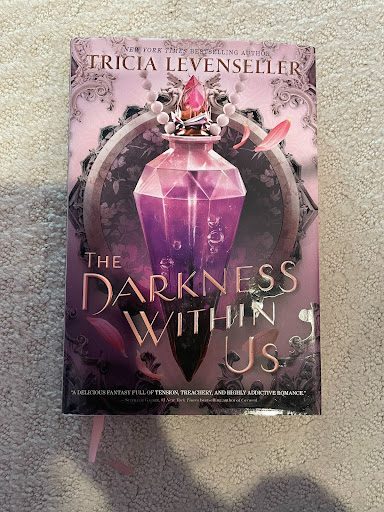
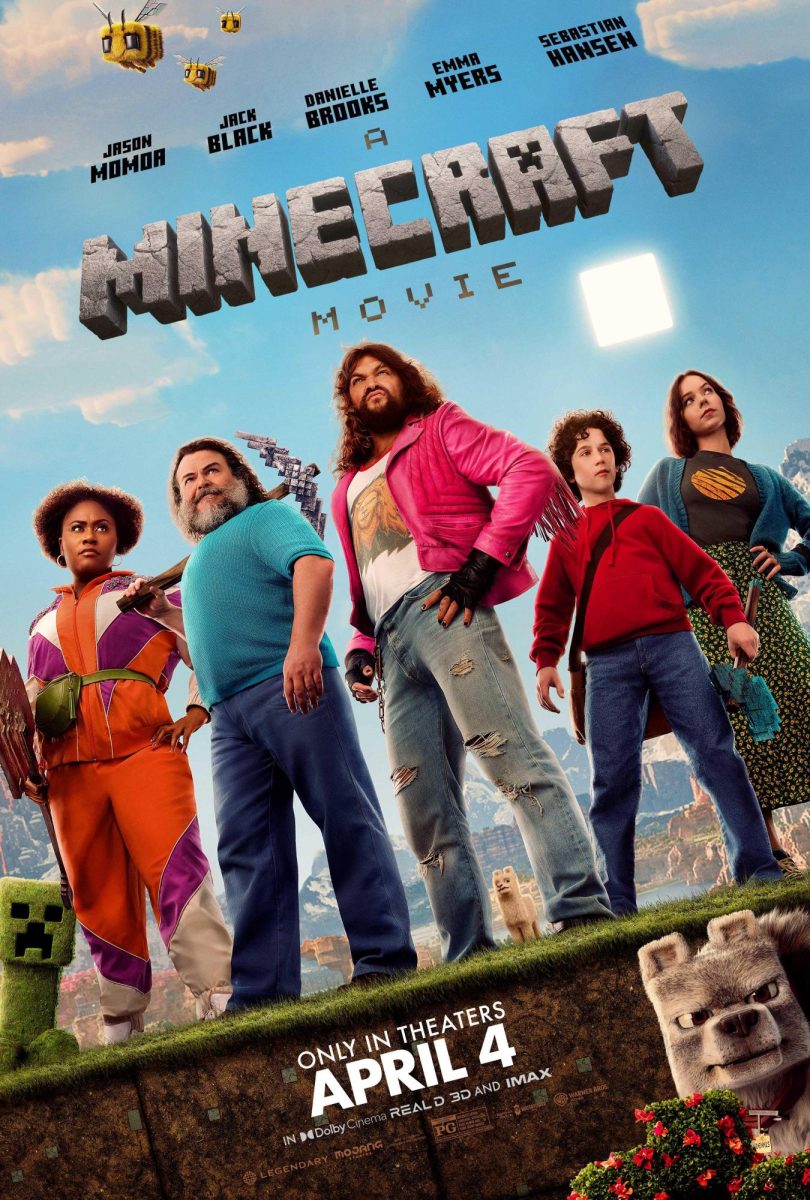


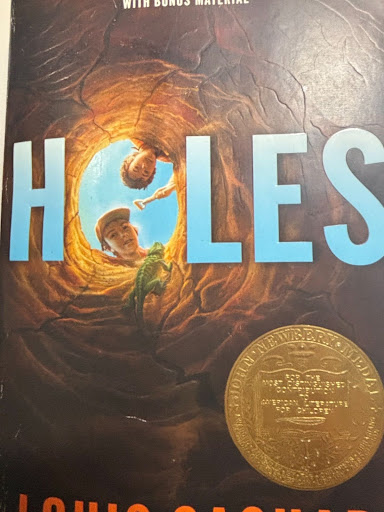



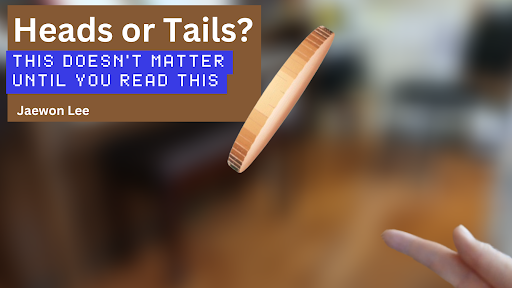
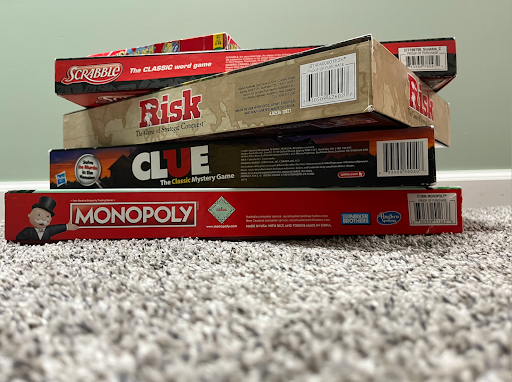
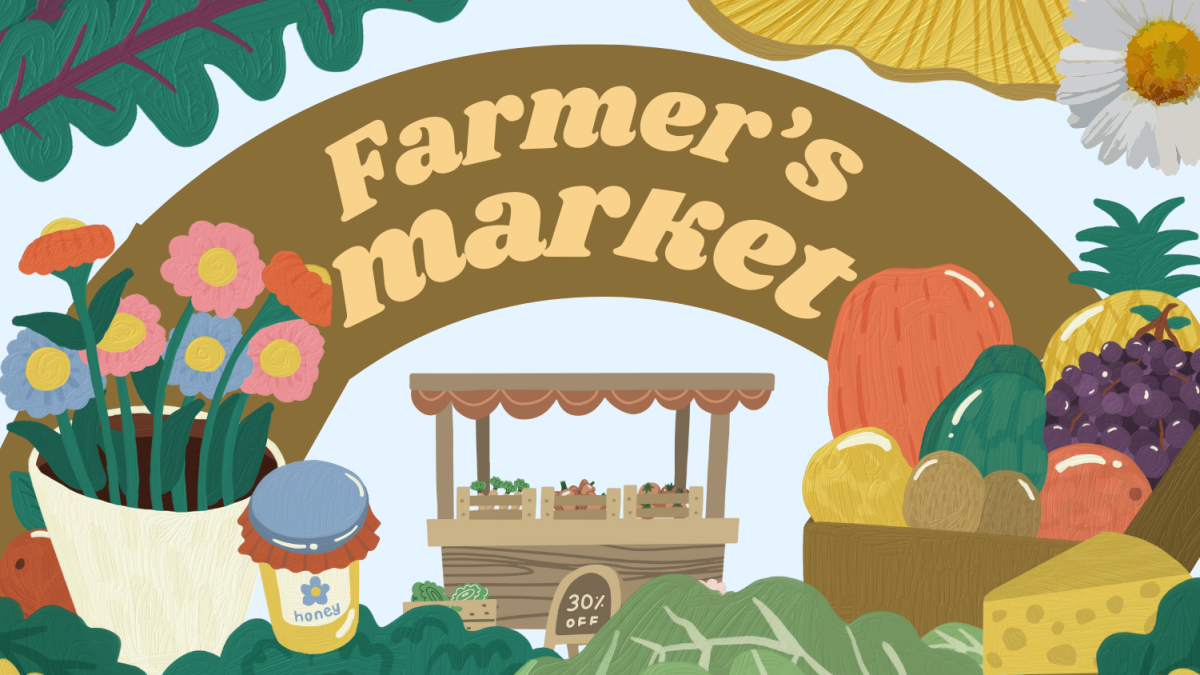

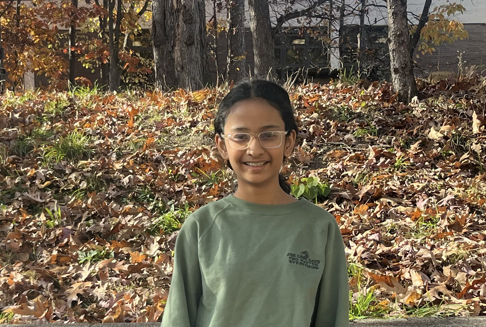
Anonymous • Mar 31, 2024 at 6:20 pm
Very interesting read, a different perspective to one of the most popular fiction genres…